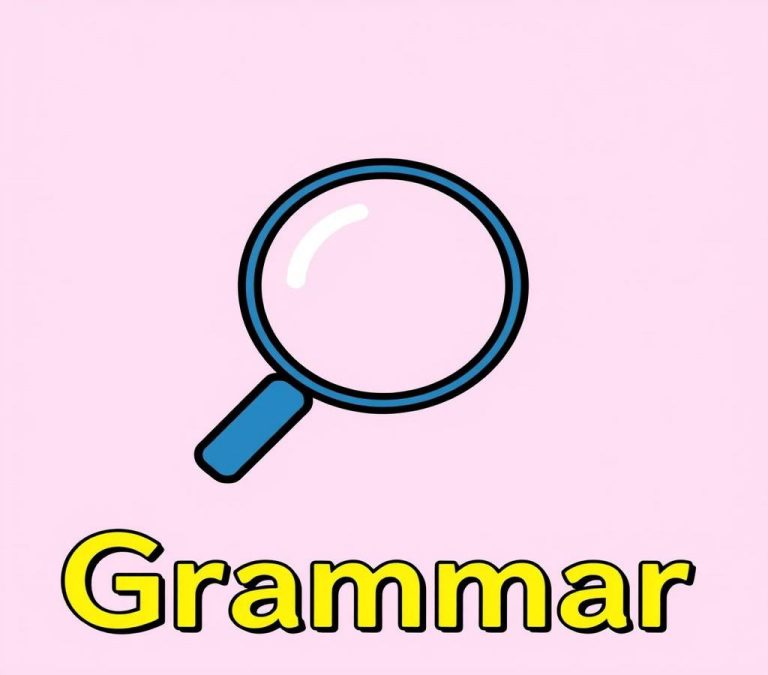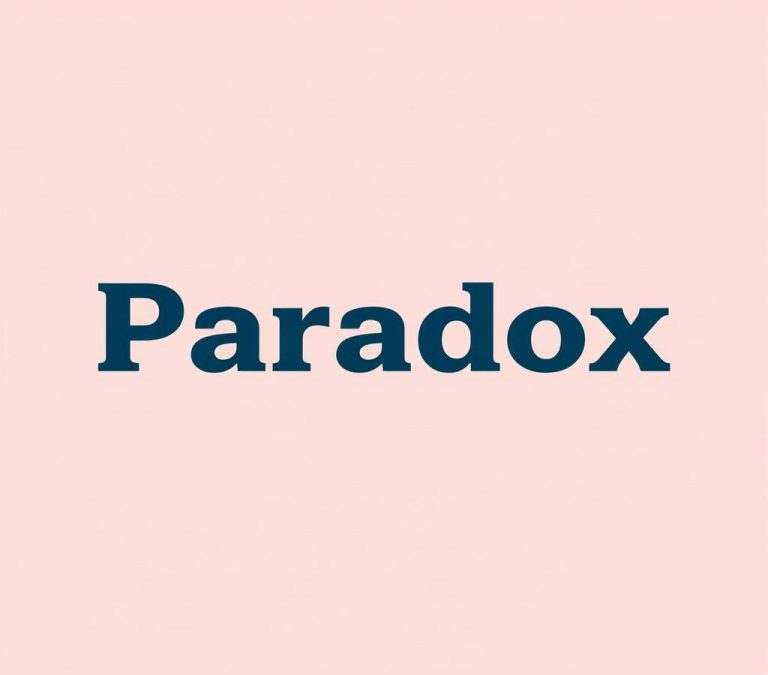Illicit vs Elicit: Grammar Usage & Difference Explained
Understanding the difference between “illicit” and “elicit” is key to clear communication. These two words sound similar but have distinct meanings. “Illicit” refers to something illegal or not allowed by law, while “elicit” means to draw out a response or reaction. Mixing them up can lead to confusion in writing and speech. By learning the differences between these terms, you can avoid misunderstandings and improve your use of English. This article explores their meanings, uses, and tips to remember them easily.
Quick Answer
- Illicit refers to something illegal or unlawful (e.g., “illicit drugs”).
- Elicit means to draw out or bring out a response or reaction (e.g., “her smile elicited a warm welcome”).
Remember: if it’s about something being illegal, use illicit; if it’s about getting a response, use elicit.
Why There is Confusion
The English language is replete with words that sound alike or look alike but carry entirely different meanings. Such is the case with “illicit” and “elicit,” two words that often cause confusion among speakers and writers. The primary reason for this mix-up lies in their similar pronunciation and spellings. Both words derive from Latin roots, yet they function in entirely distinctive ways in English. Understanding their meanings and uses not only clarifies their distinct roles in communication but also enhances the precision of language.
What Does Illicit Mean?
“Illicit” is an adjective describing something that is forbidden by law, rules, or custom. Essentially, it refers to activities that are illegal or socially disapproved of. The term is often associated with behaviors or actions that fall outside the boundaries of what is considered acceptable.
- Origin: “Illicit” comes from the Latin word “illicitus,” which also means unlawful or not allowed.
- Examples: Common uses include phrases like “illicit drugs,” “illicit affair,” or “illicit trade.”
- Context: It is most frequently used in contexts related to legality and morality, suggesting not just a breach of law but of social norms and ethics as well.
What Does Elicit Mean?
“Elicit,” on the other hand, is a verb. It means to draw out or evoke a response, reaction, or information from someone. It is an action word that describes the process of extracting or bringing something to the forefront, usually through questioning or discussion.
- Origin: “Elicit” finds its roots in the Latin word “elicere,” meaning to draw out or to extract.
- Examples: Sentences like “The teacher’s question was designed to elicit thoughtful responses” or “He tried to elicit sympathy” showcase its use.
- Context: “Elicit” frequently appears in educational, psychological, or conversational contexts where obtaining a response or information is key.
The Difference Between Illicit and Elicit
Parts of Speech
The first and most straightforward difference lies in their grammatical roles:
Meaning and Connotation
The meanings of “illicit” and “elicit” diverge significantly:
- Illicit: Carries a negative connotation due to its association with illegality and impropriety. It implies something clandestine or against accepted norms.
- Elicit: Has a neutral or positive connotation. It typically involves bringing to light or understanding something through questioning or investigation.
Usage in Context
Understanding context is crucial in determining which word to use:
- “Illicit” is used in legal, social, and ethical discussions—whenever something is not allowed or frowned upon.
- “Elicit” is typically found in educational, psychological, interrogative, or analytical settings where responses and reactions are scrutinized or desired.
Synonyms of Illicit
When looking for alternative words to “illicit,” consider the following synonyms:
- Illegal
- Unlawful
- Outlawed
- Prohibited
- Unlicensed
- Forbidden
- Taboo
- Unauthorized
These synonyms help emphasize the notion of breaking the law or crossing accepted boundaries.
Synonyms of Elicit
For “elicit,” similar words capture the idea of provoking a response or uncovering information:
- Extract
- Evince
- Obtain
- Trigger
- Engender
- Evoke
- Draw out
- Induce
These alternatives can enrich one’s vocabulary when discussing the process of eliciting responses or emotions.
Examples of Illicit vs Elicit in Usage
Seeing real-world scenarios where “illicit” and “elicit” are used can further reinforce their differences:
- “The FBI was investigating an illicit gambling ring that operated in the back room of a local bar.”
- “She was caught carrying illicit substances across the border and faced serious legal consequences.”
- “There were rumors of illicit activities going on in the abandoned warehouses on the outskirts of town.”
- “The lecture on climate change was designed to elicit concern and proactive solutions from the students.”
- “Her heartfelt speech managed to elicit tears from many members of the audience.”
- “The detective’s questioning was intended to elicit inconsistencies in the suspect’s story.”
Conclusion
While “illicit” and “elicit” may sound similar, their meanings and functions within the English language are markedly different. “Illicit” deals with legality and morality, describing things that are not permitted. Meanwhile, “elicit” focuses on the action of drawing out or evoking responses and emotions. Being aware of their distinct meanings, individual parts of speech, and connotations can help dispel confusion and enhance clear communication. Careful usage of these terms not only enriches language skills but also ensures accuracy in conveying the intended message. Understanding such nuances in vocabulary is a vital aspect of mastering any language, and it aids in creating effective and precise communication.







